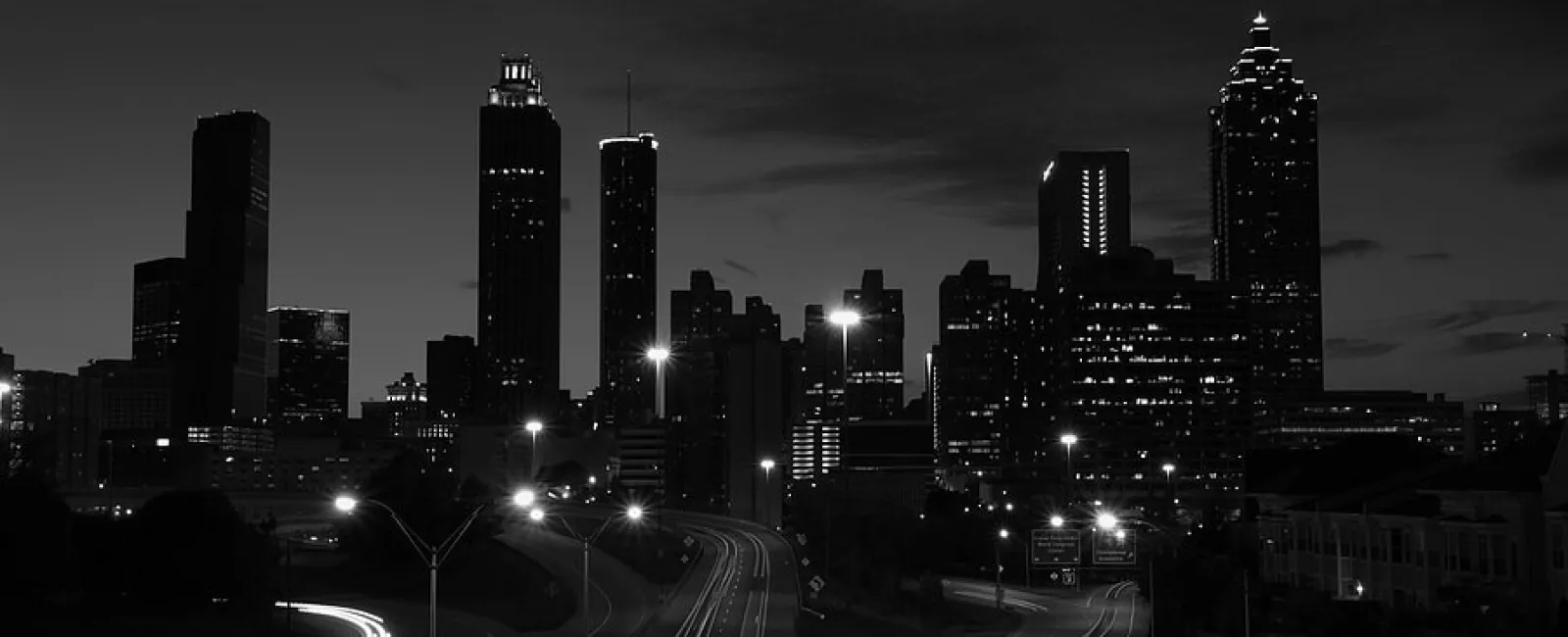Depending on where you live, you might be susceptible to blackouts or brownouts. While power outages are expected for most in some form (due to weather), others may have to worry about rolling brownouts or blackouts. This situation can cause stress and anxiety, but if you know what you are dealing with, you can mitigate the pressure of the situation.
The thing is, these are significant differences when it comes to blackouts and brownouts. If you have dim light, fluctuating voltage, or lights flickering in house, you may be experiencing a blackout or a brownout.
Here, we will discuss everything you need to know about blackouts and brownouts.
What Are Blackouts?
A blackout is a complete interruption in electrical service in a given surface area. There are two types of blackouts: rolling blackouts and preplanned blackouts.
Preplanned blackouts are designed to reduce stress levels on energy grids in a specific area. If you are in a place where this might happen, you will be contacted by your electrical provider beforehand. This type of blackout generally doesn't last for long, so there is no need to panic. Plus, you will have a warning to prepare for the short time that you are without power.
Rolling blackouts generally happen because of an extreme event, such as an accident or weather. Typically caused by damage incurred to an electrical transformer box, these events you cannot plan for and cause delays in power or an unspecified amount of time. If you live in an area susceptible to bad weather, you are probably used to this phenomenon, but no matter where you live, it is best to have an emergency plan in case your power goes out.
What Are Brownouts?
A brownout is much different from a blackout in that it is generally preplanned by the electric company. You would see this most often in a state like California. These are drops in voltage that take pressure off the system to act as a load reduction for emergencies. They are called brownouts because you might experience lights flickering in house.
Brownouts are closely related to blackouts because they are explicitly performed to prevent blackouts. And yes, they can be a little nerve-wracking to someone experiencing them, but they're a regrettable necessity. The worst you can expect during a brownout is a flickering of lights or short power outages. It is not enough to spoil the food in your refrigerator or significantly affect any other appliances in your house.
This is best illustrated when a utility only reduces the power to your home during a brownout by 10-25%. However, more sensitive electrical items might be affected by brownouts. This is typically only true if a brownout lasts much longer than expected.
What to Do in the Event of a Blackout or a Brownout
Experiencing either a blackout or brownout can be a very stressful situation. Aside from losing power, your household appliance might get damaged due to the interruption. Here are some tips if you experience an unexpected blackout or brownout:
- During a blackout or brownout, please call your power company first to see if your area is having issues. By doing so, you could also ask them when the power is expected to return so that you can prepare for its eventual restoration.
- If there are no scheduled power interruptions or emergencies according to your power company, you should also ask them to confirm if your electricity bill was paid. It might sound trivial, but it's common for people to assume that they've already paid their monthly dues, not knowing that something went wrong, causing the transaction to fail (e.g., credit card issues, change of banks, etc.).
- If you are experiencing a brownout, decide which of your devices needs the most power. You will only have a limited amount of electricity during this time, so you want to choose wisely. You also want to know how devices in your house handle power shifts. Some may incur irreparable damage.
- Make sure your most needed devices are charged. This is especially true if you know a brownout is coming or if awful weather is on the horizon. Make sure to have anything charged that is crucial to you (phones, laptops, etc.).
- If you know a brownout is coming, use less electricity than you need to. An overworked electrical grid causes brownouts, so anything you can do to remove some stress can be beneficial.
- Don't open your refrigerator. If you are experiencing a blackout and have no idea when power is coming back, it's best to keep your refrigerator closed. This will trap the cool air and ensure that none of your food spoils.
If you want to know more about blackouts and brownouts, please contact Mr. Electric of Atlanta today!




